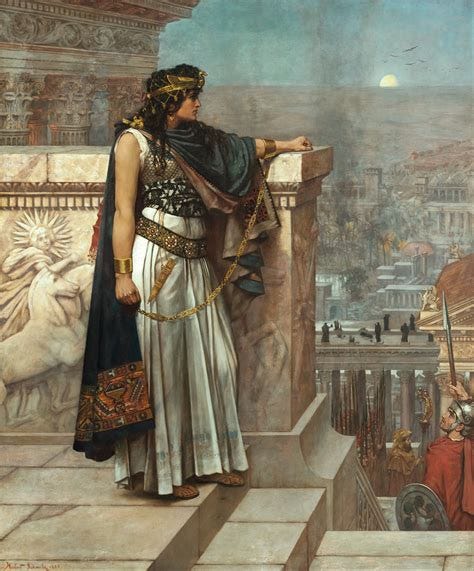Regular readers of Extra Muros can attest to my fondness for such “soup to nuts” history podcasts, programs such as The History of England, History of the Germans, and, the grand-daddy rabbit of them all, Mike Duncan’s magnificent History of Rome. There are occasions, however, when I indulge in history podcasts of the episodic sort, programs in which the presenter pops in and out of different eras like a time lord with a poorly calibrated Tardis. Of these, my favorite, by far, is The Ancient World.
In the first season of the program, the proprietor of The Ancient World, Scott Chesworth, managed to present the thirty-six component episodes in a more-or-less chronological fashion. Thus, he began by introducing his listeners to some the great civilizations of the fertile crescent, those of Egypt, Sumer, and Elam, and concluded with a look at the wars between the Persian empire and various Greek city-states. However, as Mr. Chesworth added destinations to his itinerary, he found it hard to avoid playing hopscotch with the centuries.
This frequent casting of small nets over a very big sea has resulted in five subsequent seasons, each of which displays a distinctive character. The shortest, Spotlight, consists of six stand-alone episodes. (Four of these introduce lesser-known corners of the ancient world: Bactria, Himyar, Tanukh, and Axum. Two look at familiar stories, those of Alexander the Great and the Maccabees of Judah, from unusual points of view.) The longest, Bloodline, traces a particular royal lineage, with branches in both Egypt and Syria, from the days of Alexander the Great to that of those of the Roman emperor Aurelian.
Two of the other series, Thea and Carchemish, also follow a particular royal family over the course of several generations. (At the time of writing, the latter has yet to conclude.) The last series, Rediscovery, departs from the general pattern of the program by recounting the adventures of the archeologists who discovered (or deciphered) some of the most important artifacts of the civilizations showcased in other parts of the program.
The richness of the component offerings of The Ancient World may overwhelm listeners who are new to the study of the climes and times in question. Thus, you may wish to postpone the (considerable) enjoyment of the podcast until after you have provided yourself with a solid sense of who was who, and what was what, in the days when all of the cool kids were carrying swords and wearing sandals.




